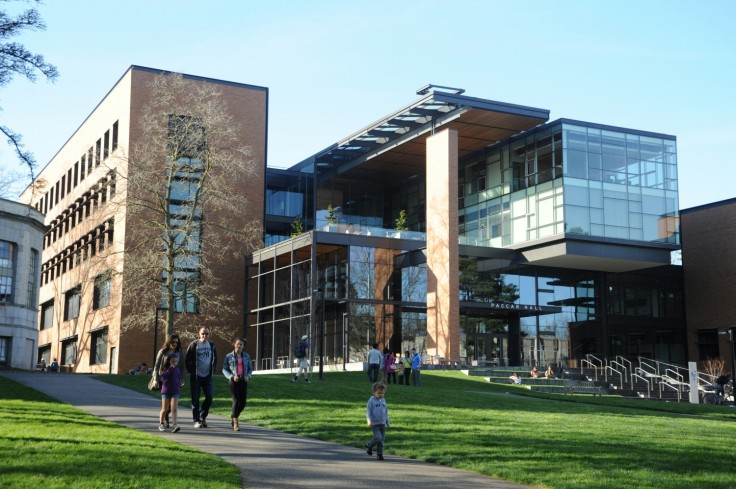US Government, Campus Security Partner Against Anti-Semitic and Islamophobic Attacks in Connecticut Colleges
ByIn the wake of recent conflict in the Middle East, a disturbing trend involving threats and violence has emerged in college campuses across Connecticut. A surge in Anti-Semitic and Islamophobic attacks has left students and faculty grappling with fear and uncertainty. The University of Connecticut, one of the state's most prestigious institutions, has found itself in the epicenter of these incidents.
Muslim students at UConn have been the target of violent threats linked to the ongoing Israel-Gaza war. This has created an atmosphere of tension and fear on campus, disrupting the academic environment and causing distress among the student body.

Students Are Under Attack for Expressing Their Beliefs
One of the most alarming incidents involved Lena Maarouf, a former leader of a pro-Palestinian student group at the University of Connecticut. Maarouf received a threatening voicemail that included a racial slur, a chilling reminder of the hatred that can lurk in the shadows of even the most enlightened institutions. The university's Muslim Student Association also reported receiving an email that mocked dead Palestinians, a deeply offensive act that further exacerbated the situation.
These incidents were promptly reported to campus and state police, as well as the FBI. The swift action taken by the university administration underscores the seriousness with which they view these threats. However, despite these measures, the Muslim community at UConn feels unsupported and is calling for the university to take more decisive action.
The Council on American-Islamic Relations (CAIR), a prominent Muslim civil rights group, has joined Muslim student leaders in their call for change. They are urging the university to provide educational programs about the conflict and Islam, and to provide security assurances for Muslim students. This collaborative effort between student leaders and CAIR highlights the importance of unity and collective action in combating hate.
State Forces, US Government, and Campus Security Take Action
In response to these incidents, Connecticut Governor Ned Lamont has taken proactive steps to address hate crime on college campuses across the state. He is organizing a meeting of university security officials to discuss strategies and share best practices. This initiative by the Governor's office is a clear indication of the state's commitment to ensuring the safety and well-being of all students.
At the federal level, the Biden administration has also unveiled new actions to combat anti-semitism on college campuses. Aside from this, the federal government will partner with campus law enforcement agencies to track hate-related threats. This partnership aims to enhance the capacity of campus law enforcement to respond effectively to hate crimes and ensure the safety of students.
Discrimination in the Country Is at an All-Time High
In addition, the AMCHA Initiative, a non-profit organization dedicated to combating, monitoring, and documenting Anti-Semitism at institutions of higher education in America, has released a database that chronicles Anti-Semitic incidents that occurred over the past academic year. This database serves as a valuable resource for understanding the scope and nature of Anti-Semitism on college campuses.
These incidents highlight the urgent need for increased security and education to combat hate crimes on college campuses. Universities have a responsibility to create a safe and inclusive environment for all students, regardless of their race, religion, background, or political views. As such, it is crucial for institutions like UConn to take decisive action against hate crimes and work towards fostering a culture of tolerance and respect.
© 2025 University Herald, All rights reserved. Do not reproduce without permission.








